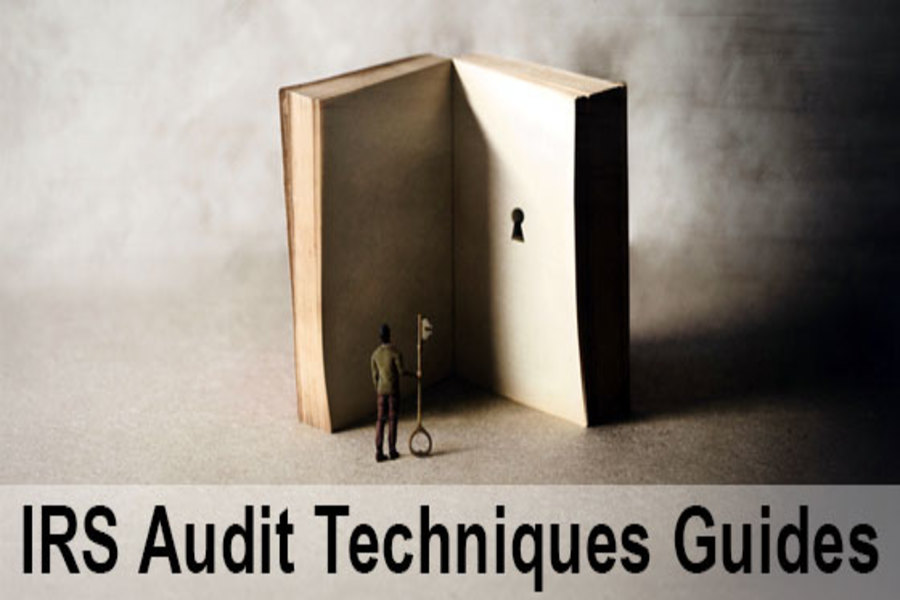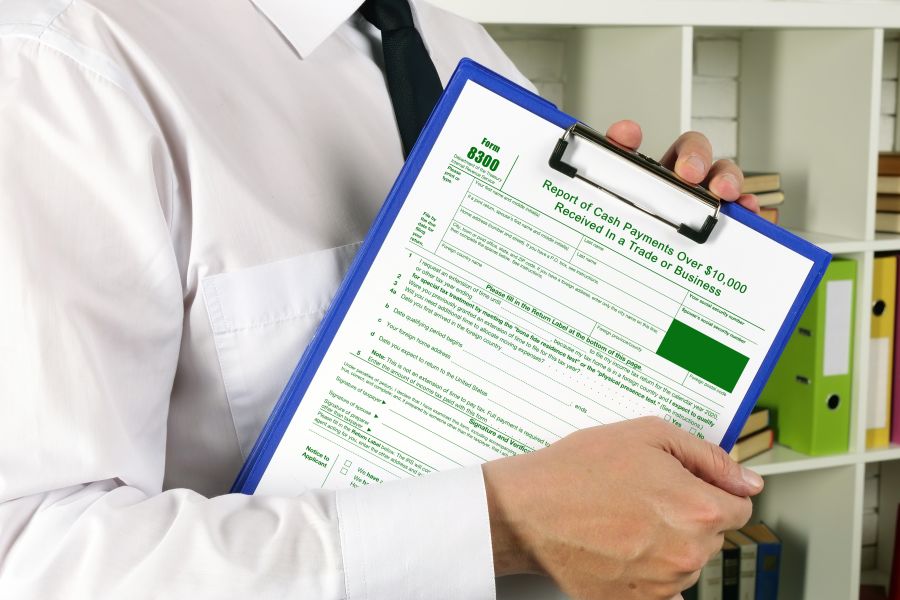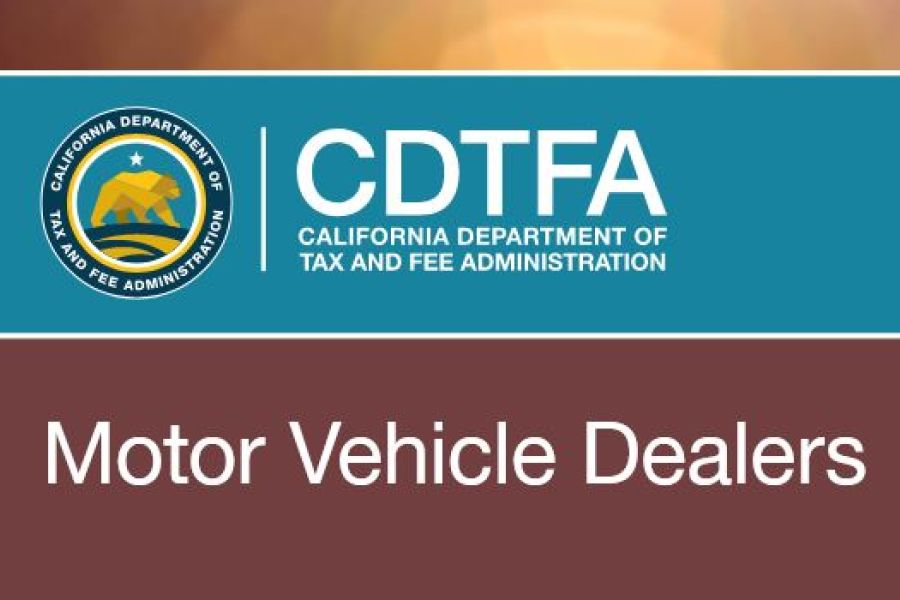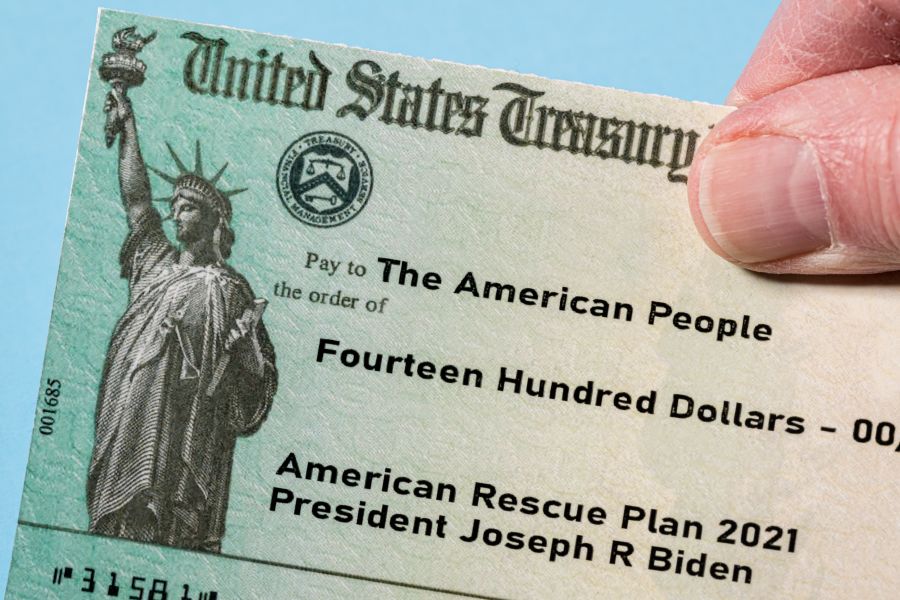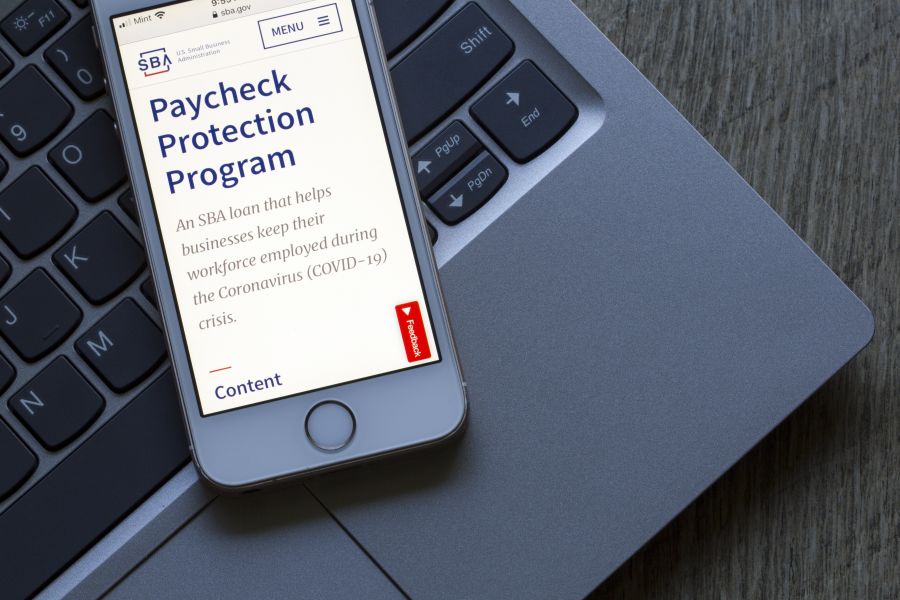In order to prepare for a business audit, an IRS examiner generally does research about the specific industry and issues on the taxpayer’s return. Examiners may use IRS “Audit Techniques Guides (ATGs).” A little-known secret is that these guides are available to the public on the IRS website. In other words, your business can use the same guides to gain insight into what IRS auditors know, and what the IRS is looking for in terms of compliance with tax laws and regulations. Many ATGs target specific industries or businesses, such as new vehicle dealerships, construction, aerospace, art galleries, architecture and veterinary medicine. Others address issues that frequently arise in audits, such as executive compensation, passive activity losses and capitalization of tangible property. Unique issues IRS auditors need to...

What if you decide to, or are asked to, guarantee a loan to your corporation? Before agreeing to act as a guarantor, endorser or indemnitor of a debt obligation of your closely held corporation, be aware of the possible tax consequences. If your corporation defaults on the loan and you’re required to pay principal or interest under the guarantee agreement, you don’t want to be blindsided. Business vs. non-business If you’re compelled to make good on the obligation, the payment of principal or interest in discharge of the obligation generally results in a bad debt deduction. This may be either a business or a non-business bad debt deduction. If it’s a business bad debt, it’s deductible against ordinary income. A business bad debt can be either totally...
As posted to the Lex Fridman YouTube Channel on 8/20/21 (Run Time: 11 min, 29 sec) "Tesla AI Day presented the most amazing real-world AI and Engineering effort I have ever seen in my life" -- Lex Fridman On 8/19/21, Elon Musk convened Tesla AI Day, an event to share progress in the automaker’s software and hardware development related to artificial intelligence. The sole purpose of the even was a recruiting platform for Tesla’s AI team. Lex Fridman, presents here a quick video on the main innovations presented at Tesla AI day. (This is Blog Post #1075) Lex Fridman is an AI researcher working on autonomous vehicles, human-robot interaction, and machine learning at MIT and beyond. You can find his MIT Deep Learning and Artificial Intelligence Lectures at deeplearning.mit.edu, and the...
While Congress develops legislation that would eliminate, and/or otherwise mitigate, the current TCJA implemented state and local tax (SALT) limit on an individual taxpayer's ability to take the itemized deduction for state and local taxes, California has just passed legislation which offers a work-around that will allow many Californians to mitigate the effects of the current $10,000 federal limitation on SALT deductions. On 7/16/2021, Governor Newsom signed into law AB-150, which provides a means by which certain pass-through entities (Qualified Entities) can make an election to pay California income tax (at the entity-level) on behalf of their owners, for which their consent must be given. The benefits yielded could be substantial for pass-through entity owners for which work-around makes sense. Curiously the IRS has approved these...
Although auto sales plunged at the start of the COVID-19 pandemic, they’ve since rebounded. In fact, some dealerships are reporting record sales in 2021. Problems remain — including supply bottlenecks. Also, your dealership may be more vulnerable to fraud. Factors such as employees working from home, new vendors and even booming sales, can put your business at risk. Here’s how to prevent fraud from cutting into profits. Focus on accounting Fraud prevention starts with strong internal controls. For example, good controls generally require a dealership’s accounting department to post transactions daily, including new and used vehicle sales, repair orders, invoice payments, payroll and cash receipts. By 1 p.m. on any given day, you should have access to real-time checkbook balances and other accounting information effective as of 5 p.m. the...
The Internal Revenue Service recently reminded businesses (in News Release 2021-47) of their responsibility to report large cash transactions via the filing of Form 8300, Report of Cash Payments Over $10,000, and encourages e-filing to help them file accurate, complete forms. Although many cash transactions are legitimate, information reported on Form 8300 can help stop those who evade taxes, profit from drug trading, engage in terrorist financing and conduct other criminal activities. The government can often trace money from these illegal activities through payments reported on complete, accurate forms. To help businesses prepare and file reports, the IRS created a video on How to Complete Form 8300 – Part I, Part II. The short video points out sections of Form 8300 for which the IRS commonly finds...
As posted to Mike Frankovich's YouTube Channel on 4/15/2021 (Run time: 8 min, 47 sec) If you're like me, you have trouble understanding why California continues to make it so difficult to engage is what is one of the most quintessential of California pastimes . . . classic car ownership. Since the smog check exemption changed from a 30 year rolling average to a set, 1975 and older cut-off back on 4/1/2005 classic car enthusiasts owning post-1975 vehicles have tirelessly petitioned their elected officials for relief. The latest California Classic Car Smog Exemption Bill, AB220, has just been amended to require collector car insurance to obtain a smog exemption on classic cars built during the years 1976-1982. In this clip Mike Frankovich discusses the assembly bill and what...
The California Department of Tax and Fee Administration (CDTFA) has updated Publication 34 (Motor Vehicle Dealers), to include 2020 legislation that, effective 1/1/2021, imposes new reporting and payments requirements on certain used vehicle dealers. The new discussion, entitled "Used Vehicle Dealers" (in the section on "Motor Vehicle Sales"), provides in part that effective 1/1/2021, certain used vehicle dealers are required to pay sales tax on their retail sales of vehicles when a vehicle registration application is submitted to the Department of Motor Vehicles (DMV). The CDTFA previously discussed these changes in California Department of Tax and Fee Administration Special Notice L-766, 11/01/2020. The CDTFA also made a number of nonsubstantive changes to the publication. Publication 34 is designed to help motor vehicle dealers understand California’s sales and...
The American Rescue Plan, 2021 (ARPA, 2021) was signed by President Biden on March 11, 2021 to address the continuing economic impact on employers and employees the coronavirus (COVID-19) pandemic has posed. The legislation extends and expands provisions found in the Families First Coronavirus Relief Act (FFCRA), Coronavirus Aid, Relief and Economic Security (CARES) Act, and the Consolidated Appropriations Act, 2021 (CAA, 2021). This post reviews the payroll provisions of ARPA. Paid Sick and Family Leave Credits Changes under ARPA apply to amounts paid with respect to calendar quarters beginning after March 31, 2021. ARPA, 2021: Extends the FFCRA paid sick time and paid family leave credits from March 31, 2021 through September 30, 2021. Provides that paid sick and paid family leave credits may each be...
A 1/13/2021 U.S. Treasury Department Press Release reported that the SBA is re-opening the Paycheck Protection Program (PPP) loan portal: to small lenders on 1/15/2021, and to all lenders on 1/19/2021. Background On 12/27/2020, the Consolidated Appropriations Act, 2021 (CAA 2021) was signed into law. Containing extensions and expansions of the PPP, it provides additional funding for what has been a popular provision with many small businesses included in the Coronavirus Aid, Relief and Economic Security (CARES) Act . . . allowing eligible employers to obtain forgivable loans for certain payroll and non-payroll purposes. Important changes from the CAA include: authorizing an additional $284 billion towards the PPP, extending the PPP to 3/31/2021, and allowing for Second Draw loans for certain smaller businesses that initially received...


